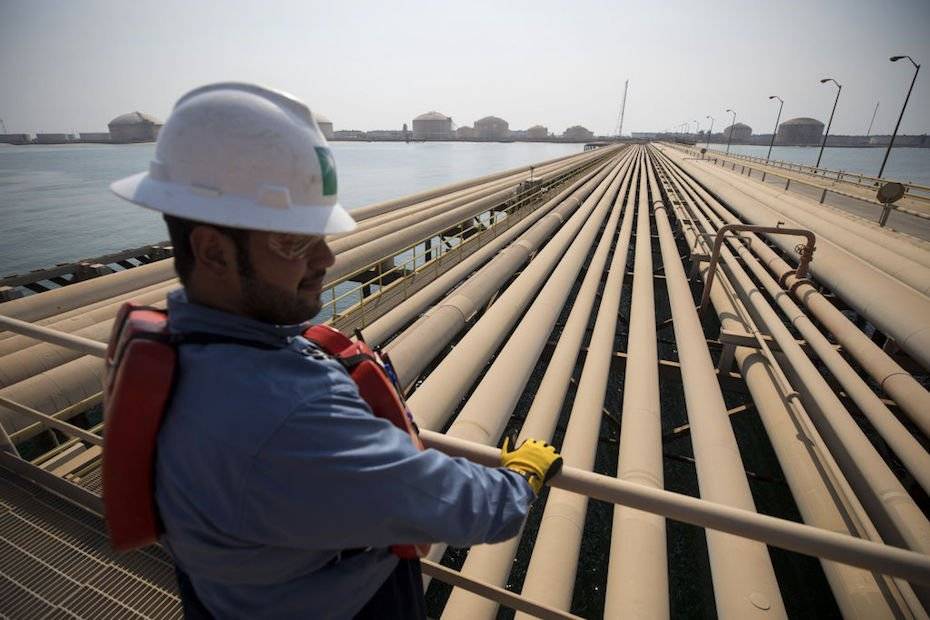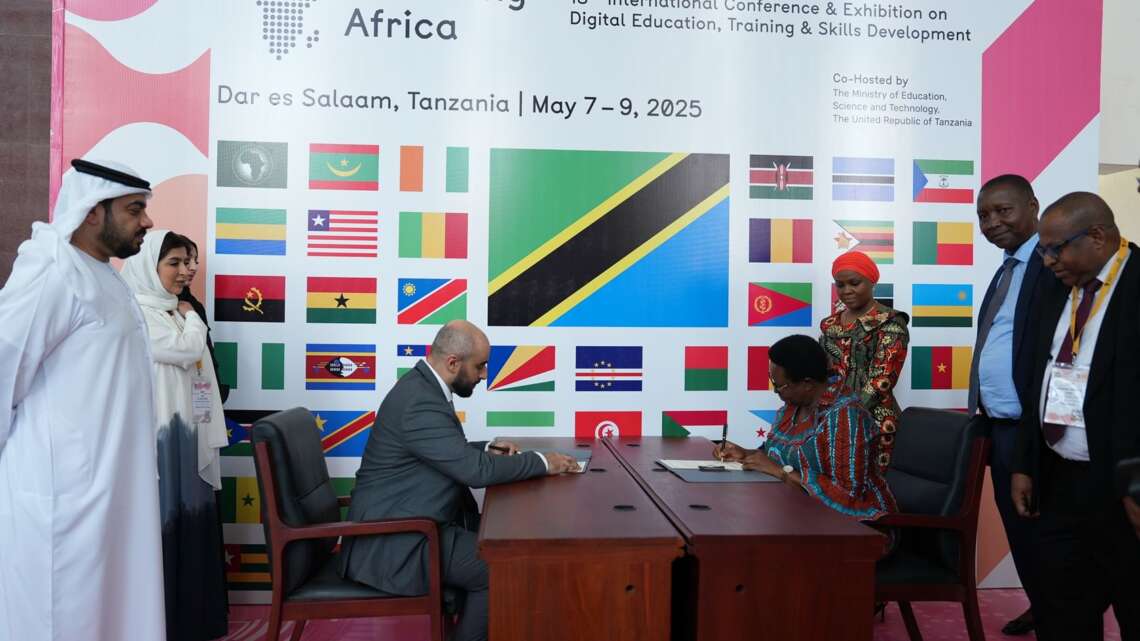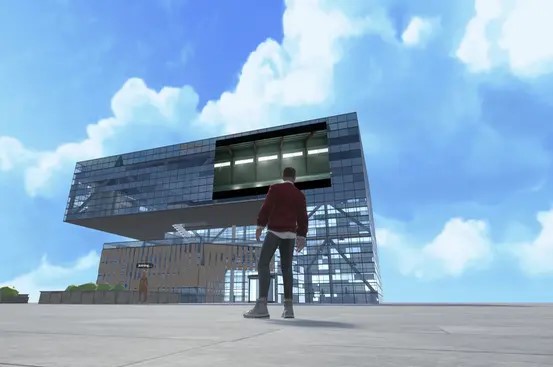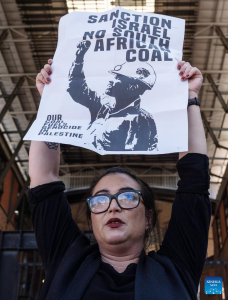The LNG deal comes amidst renewed interest in onshore gas, as South Africa’s power crisis shows few signs of easing…reports Asian Lite News
The recent milestone achieved through the signing of an agreement to advance South Africa’s largest liquefied natural gas project in the Mpumalanga province underscores the significant potential of natural gas as a promising energy source within the nation.
The agreement, a “non-binding term sheet” is a partnership between South Africa’s Industrial Development Corporation (IDC) and Afro Energy, a subsidiary of Australian gas explorer Kinetiko Energy. The initiative is projected to generate 50MW of equivalent energy, growing to 500MW over time. There are also options for the development of further LNG gas equivalent projects.
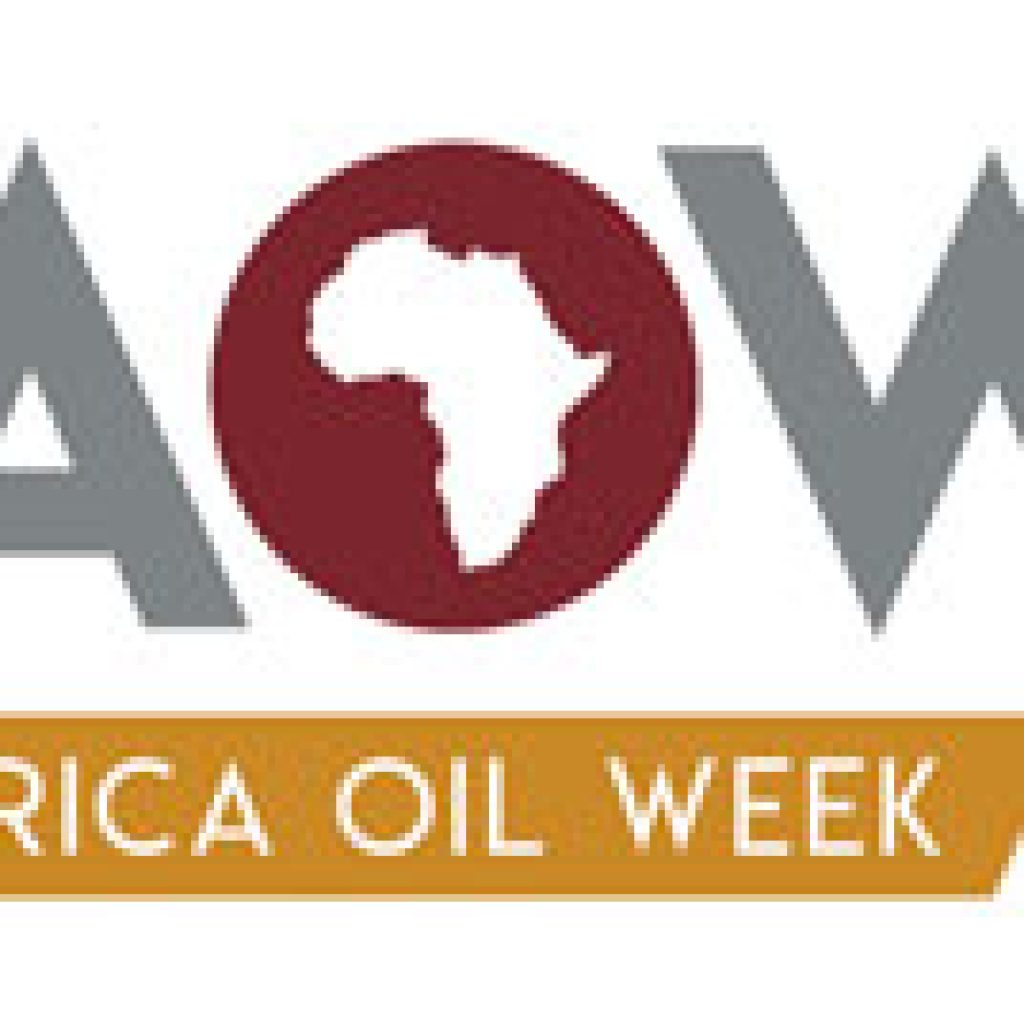
The deal comes amidst renewed interest in onshore gas, as South Africa’s power crisis shows few signs of easing. TotalEnergies has won approval to search for oil and gas off South Africa’s west coast, and in May, the South African government even announced plans to revisit the idea of shale-gas exploration in the Karoo region.
The Mpumalanga discovery is relatively advanced, and involves an innovative public-private partnership approach. However, the resource – estimated at 3.1 billion cubic feet of natural gas – pales in comparison to the gargantuan gas reserves in other parts of Africa.
Africa’s natural-gas reserves have been estimated at around 620 trillion cubic feet, with the largest resources in Nigeria, Algeria and Senegal.
Thanks to its proximity to Europe, and well-developed LNG infrastructure, Algeria is currently Africa’s largest exporter of natural gas, and the fourth largest gas export in the world with the 10th largest proven natural gas reserves on the planet.
As Europe looks to wean itself off Russian energy, following that country’s invasion of Ukraine, North and West Africa are well positioned to fill the gap. Established trans-Mediterranean gas pipelines can facilitate this, and several more pipelines are in the planning stages.
Supply bottlenecks and political challenges need to be resolved, but the upside for African oil-and-gas exports to Europe is enormous.
Natural gas has also long been heralded as a “transition fuel”, that can help ease the move from oil and coal towards renewable energy. By some measures (https://apo-opa.info/3sZeMy5), gas is a cleaner-burning, efficient fuel that produces fewer carbon-dioxide emissions than other fossil fuels.
It is abundant, and can be compressed, liquified and stored. This storage capability gives natural gas the advantage over forms of renewable energy like solar and wind, which are less easily dispatchable. Storing and providing renewable energy as and when required necessitates complementary technology like batteries, hydrogen or pumped storage.
Gas resources can simply be integrated into the well-developed global natural-gas infrastructure – through pipelines, and the international shipping. This means frontier natural-gas territories – such as South Africa – would be able to “plug in” to this system and begin supplying gas to where it is needed relatively soon after fields are established.
Ghana provides an instructive example of what is possible. The country’s oil-and-gas industry launched with its first discoveries around 2006, and it was able to produce its first product within 40 months (https://apo-opa.info/3rkEXz1). In 2021, the country produced 2,4 million metric tons of gas (https://apo-opa.info/3PY0as9).
The imperative to minimise global greenhouse gas emissions to meet Paris 2050 commitments and to reverse climate change is a serious concern, which must be balanced against Africa’s development imperatives.
Almost half of Africa’s people remain without electricity. The Africa Energy Commission has confirmed that it still sees a role for natural gas in the continent’s evolving energy mix.
In a context where Africa still generates only four percent of global carbon emissions, and the majority of its people still rely on biomass to meet their energy needs, a move to natural gas would still represent a net improvement.
That is the domestic scenario. Globally, the planet is hungry for natural gas. Africa is sitting astride enormous resources, but currently only provides 6% of global gas exports.
The opportunities are significant. There is worldwide gas activity going on, and Africa needs to come to the party.

